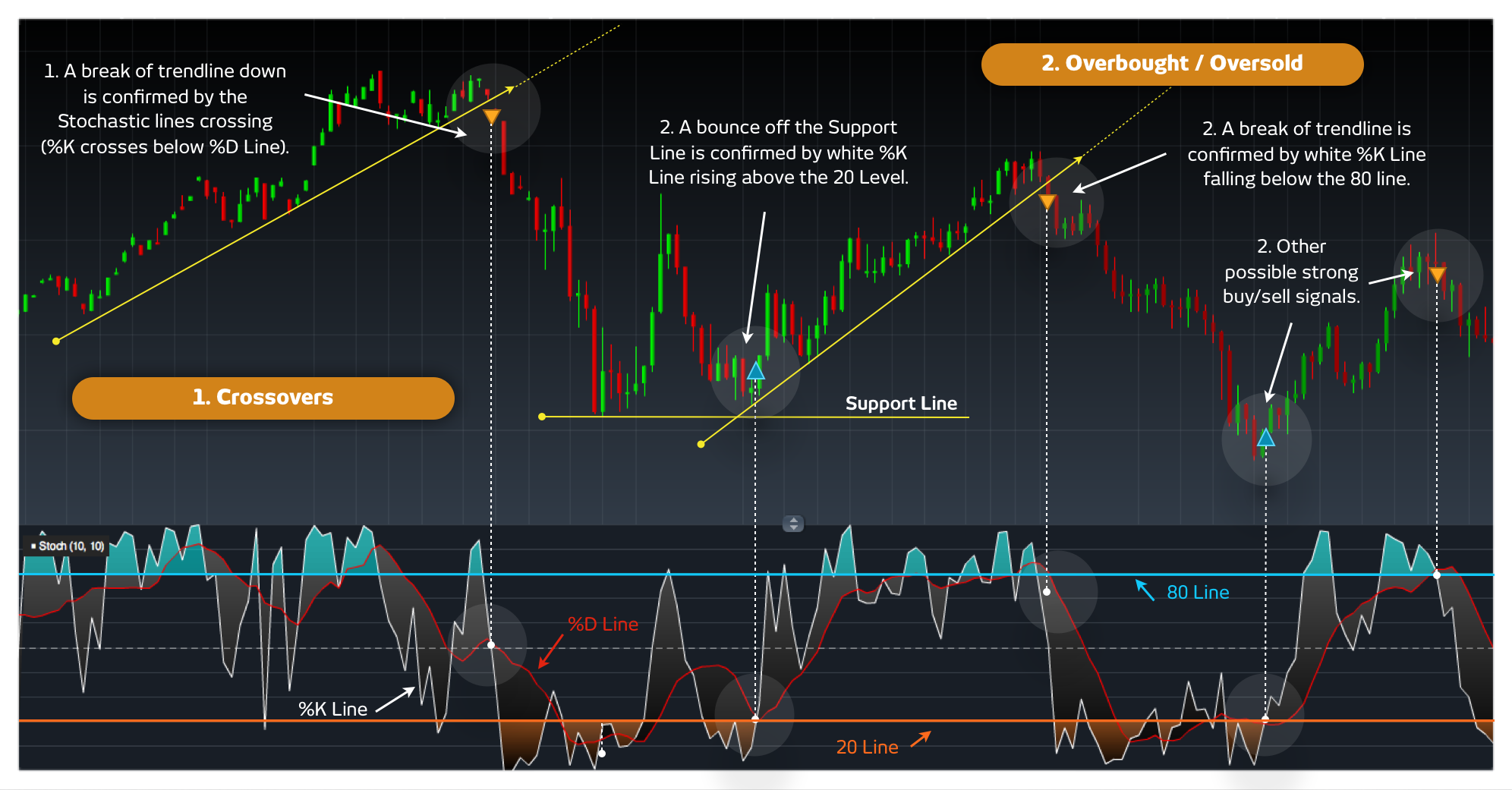Drug and alcohol rehab is the first step towards a clean and productive life after years of struggle, pain, and torment due to addiction. With an effective treatment and rehab period, the best version of you is found. However, the process is hectic and uncomfortable, and, in most cases, you might want to quit. The results are amazing and instrumental to you, your loved ones, and the community. But what is the treatment and rehab process like?
Treatment Programs
When you sign up for rehab, there are two types of programs you might be engaged in – outpatient and inpatient or residential rehab programs. This depends on the severity of the addiction and the health condition you are in during admission. For individuals who want to go back home at the end of the day and after the session, an outpatient rehab program is considered. The program’s effectiveness might be low and might take longer than expected to achieve the desired results.
The inpatient rehab program is the other type. It is best suited for individuals to need intensive medical care, focus on recovery, and not return home before sessions end. It is beneficial to consider an inpatient rehab program as through the care, and attention received, achieving full recovery becomes possible.
Drug Detox
The rehabilitation process is long and needs commitment in various aspects. Drug detox represents just a part of the whole process. In most cases, after the initial admission exam by the specialists, the first step is being taken through detox. However, detox does not offer full recovery from addiction. Detox helps you overcome the physical component of addiction. The process is painful and uncomfortable due to the withdrawal symptoms experienced after sudden cessation of drug use. Fortunately, the healthcare specialists help you go through the detox process with ease. They address and handle the withdrawal symptoms through the provision of effective medication and guidance.
Drug Addiction Counseling
You should note that addiction does not end when the rehab process begins, and rehabilitation does not end when the program is over. It is a continuous process, and commitment to it is paramount. It can be hectic when you lack medical and social support. Drug addiction counseling sessions provide the support you need. Counseling is not scary and should be embraced fully. When you sign up for addiction counseling, you get to work with psychologists and therapists who understand how you feel. They also work and walk with you on the right path towards recovery.
Drug addiction counseling is a process that helps identify the mental and social causes of your addiction. Through counseling, you develop coping strategies when your program is over and enables you to build new and or mend the broken relationships with your loved ones and community.
Self-Help Groups
After completing your rehab program, the most challenging period is adapting to life changes within the community. You should note that there are many triggers and stressors that you will be forced to deal with. There is help from the counselors coping with the triggers in the rehab center, which is not the case back at home. Engaging in a self-help group is a vital step to take in the recovery process. A self-help group reduces the feeling of isolation and boosts motivation. You should visit this website of the rehab center you signed up for information on available self-help groups or research to find one in your locality. When you are in a functional support group, you also have a useful community, information, and education source.
The rehab process can be long, tiresome, and uncomfortable for many people. But commitment and willingness must be shown for the process to be successful. The information you have about the addiction treatment and the rehab process helps you understand what to expect and prepare effectively before signing up.



